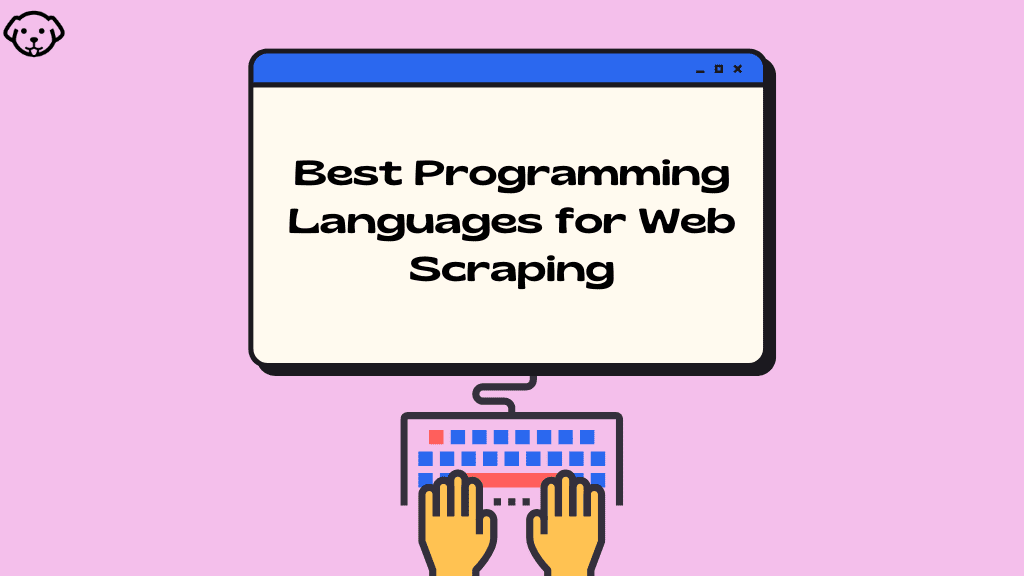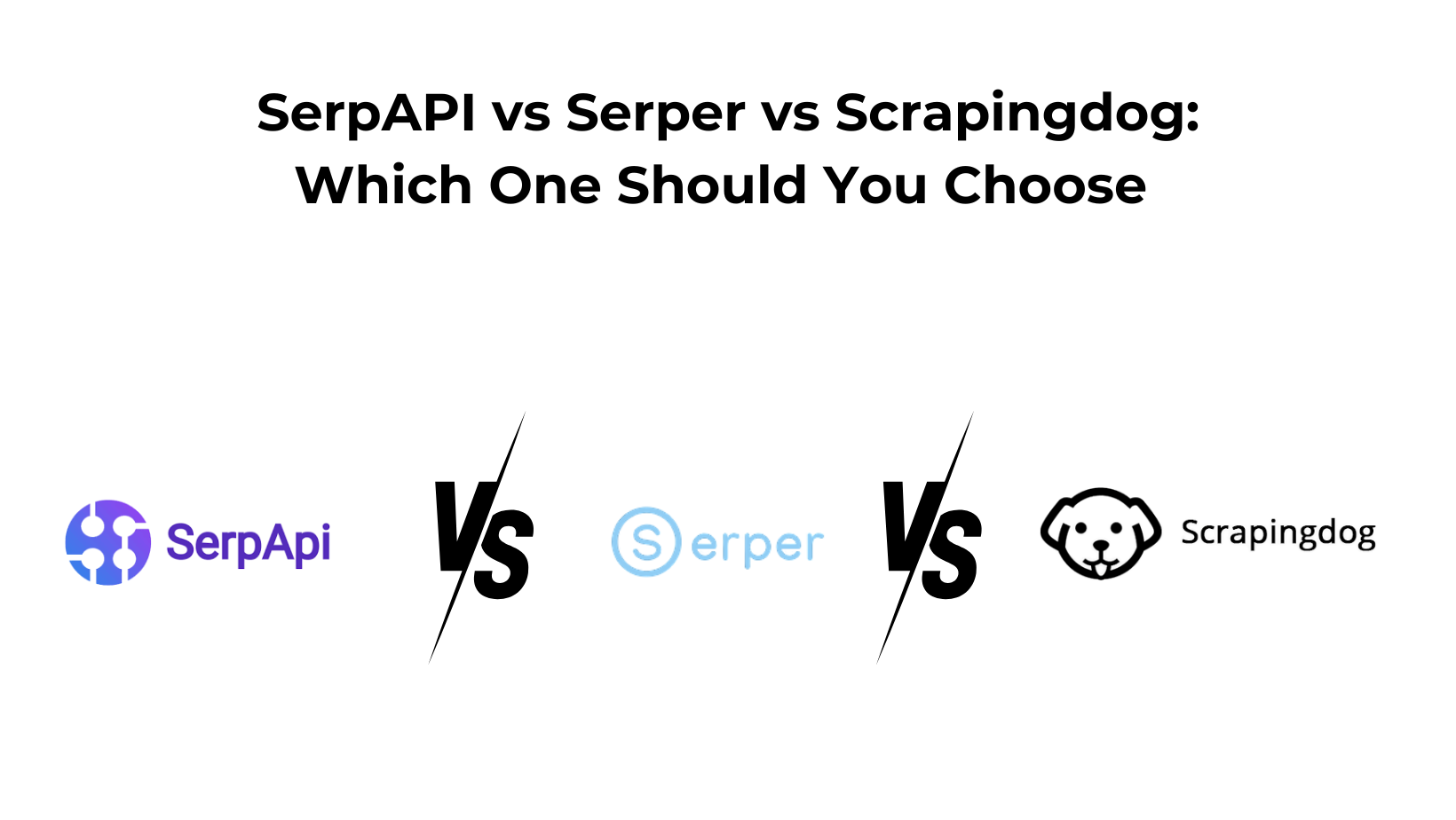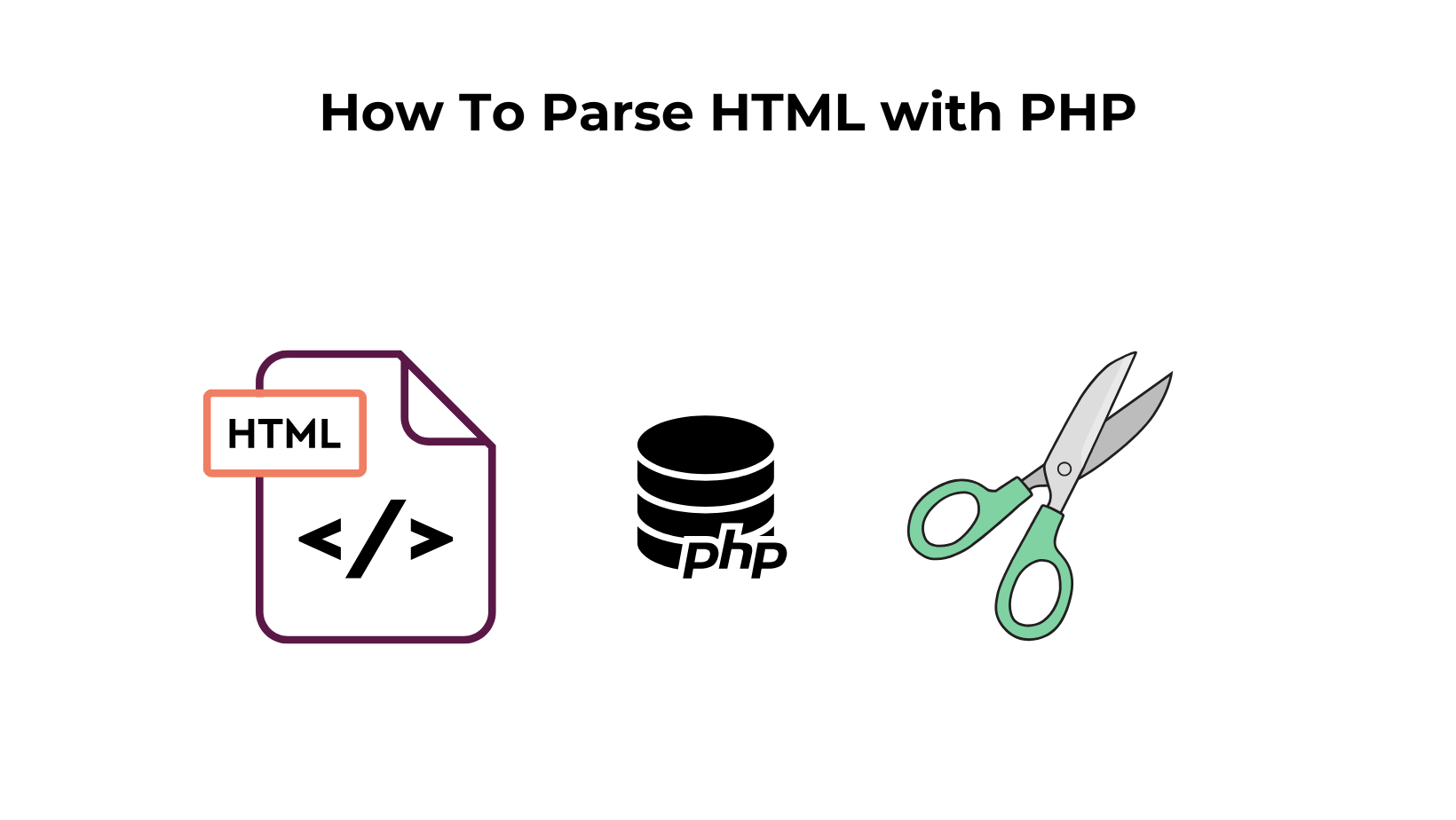In 2024, the best programming language for web scraping will be the one that is best suited to the task at hand. Many languages can be used for web scraping, but the best one for a particular project will depend on the project’s goals and the programmer’s skills.
Python is a good choice for web scraping because it is a versatile language used for many tasks. It is also relatively easy to learn, so it is a good choice for those who are new to web scraping.
C++ will allow you to build a unique setup of web scraping, as it offers an excellent execution solution for this task.
PHP is another popular language for web scraping. It is not as powerful as Java, but it is easier to learn and use. It is also a good choice for those who want to scrape websites built with PHP.
Other alternative languages can be used for web scraping, but these are the most popular choices. Let’s dive in and explore the best language to scrape websites with a thorough comparison of their strengths and limitations.
Which Programming Language To Choose & Why?
It’s important that a developer selects the best programming language that will help them scrape certain data that they want to scrape. These days programming languages are quite robust when it comes to supporting different use cases, such as web scraping.
When a developer wants to build a web scraper, the best programming language they can go for is the one they are most comfortable and familiar with. Web data can come in highly complex formats very often, and the structure of the web pages can rotate time and again, and it needs the developers to adjust the code accordingly.
When selecting the programming language, the first and main criterion should be proper familiarity with it. Web scraping is supported in almost any programming language, so the one a developer is most familiar with should be chosen.
For instance, if you know PHP. start with PHP only and later take it from there. It will make sure that you already have built-in resources for that language, as well as prior experience and knowledge about how it functions. It will also help you do web scraping faster.
The second consideration should be the availability of online resources for a particular programming language when it comes to solving bugs or finding standby coding solutions for different problems.
Apart from these, there are a few other parameters that you should consider when selecting any programming language for web scraping. Let’s have a look at those parameters.
Parameters to Select the Best Programming Language
Flexibility
The more flexible a programming language is, the better it will be for a developer to use it for web scraping. Before choosing a language, make sure that it’s flexible enough for your desired endeavors.
Operational ability to feed database
It’s also a highly important thing to look for when choosing a programming language.
Crawling effectiveness
The language you choose must have the ability to crawl through web pages effectively.
Ease of coding
It’s really important that you can code easily using the language you choose.
Scalability
Scalability is a technology stack. It determines the programming languages rather than the language itself. Some popular and battle-tested stacks that have proven to be capable of such scalability are Ruby on Rails (RoR), MEAN, .NET, Java Spring, and LAMP.
Maintainability
The cost of maintenance will depend on the maintainability of your technology stack, and what programming language you choose for web scraping. Based on your target and budget, you must choose a language that has maintainability that you can afford.
Top 6 Programming Languages for Effective & Seamless Web Scraping
Python
When it comes to web scraping, python is still the most popular programming language. This language is a complete product, as it can handle almost all the processes that are related to data extraction smoothly. It’s very easy to understand for beginner coders, and it’s also easy to use for web scraping. You will be able to get up to speed on web scraping with Python if you are new to this.
Core Features
- Easy to understand
- Follows Javascript in terms of availability of online community and resources
- Comes with highly useful libraries
- Pythonic Idioms works great for searching, navigating, and modifying
- Advanced web scraping libraries that come in really handy while scraping web pages
Read More: Tutorial on Web Scraping using Python
Built-In Libraries/Advantages
Selenium – It’s a highly advanced library of Python that helps a lot with data extraction and web scraping.
BeautifulSoup – It’s a Python library designed for really efficient and fast data extraction.
Scrapy – Scrapy is a popular web crawler and web scraping, which helps a lot with its twisted library and a set of amazing tools for debugging. Since Python provides an effective Scrapy, it is highly effective and popular for web scraping.
Limitations
- Too many options for data visualization can be confusing
- Can be slow due to being too dynamic and line-by-line execution of codes
- Weaker database access protocols
Ruby
Ruby is an open-source programming language. Its user-friendly syntax is easy to understand, and you will be able to practice and apply this language without any hassle. This language consists of multiple languages like Smalltalk, Perl, Ada, Eiffel, etc. Ruby is highly aware of the need for functional programming to be balanced with the help of imperative programming.
Core Features
- HTTParty, Pry, and NokoGiri enable the setting up of your web scraper without hassles.
- NokoGiri is a specific Rubygem, which offers XML, HTML, SAX, and Reader parsers with CSS and XPath selector support.
- HTTParty helps send the HTTP requests to the pages from where a developer wants to extract data. It furnishes all the HTML of the page as a string.
- Debugging a program is enabled by Pry
- No code repetition
- Simple syntax
- Convention over configuration
Ruby (programming language): What is a gem?
A Ruby Gem is a library that’s built by the Ruby Community. It can also be referred to as a package of codes, which are configured in a way that it complies with the software development in the Ruby style. These gems contain classes and modules that can be used in your applications. You can also use them in your code by installing them through RubyGems first.
RubyGems is a manager of packages for the Ruby language, and it provides a standard format for distributing programs and libraries.
Ruby Scraping (How To Do It And Why It’s Useful)
Ruby is popular for creating web scraping tools and for building internationalizing SaaS solutions. Ruby is used for web scraping a lot, as it’s an effective web scraping solution for extracting information for businesses. It is secure, cost-effective, flexible, and highly productive too. The steps of Ruby Scraping are-
- Creating the Scraping file
- Sending the HTTP queries
- Launching NokoGiri
- Parsing
- Export
Read More: Web Scraping with Ruby | Tips & Techniques for Seamless Scraping
Limitations
- Relatively slower than other languages
- Supported by a user community only, not a company
- Difficult to locate good documentation, especially for less-known libraries and gems
- Inefficient multithreading support
Javascript
Javascript is mainly built for front-end web development. Node.JS works as the web scraping language here that uses Javascript for functioning. Node.JS comes with libraries like Nightmare and Puppeteer that are used commonly for web scraping.
Read More: Puppeteer Web Scraping Using Javascript
Node.JS
Node.Js is a highly preferred programming language when it comes to web page crawling that practices dynamic coding activities. It also supports practices of distributed crawling.
Node.JS uses Javascript for conducting non-blocking applications that can help enhance multiple simultaneous events.
Framework
ExpressJS works as a flexible and minimal web application framework of Node.JS that has features for mobile and web applications. Node.JS also allows making easy and quick HTTP calls. It also helps traverse the DOM and extract data through Cheerio, which is an implementation of core jQuery.
Read More: Step-by-Step Guide for Web Scraping with Node JS
Features
- Conducts APIs and socket-based activities
- Performs basic data extraction and web scraping activities
- Good for streaming activities
- Has a built-in library
- Comes with a stable and basic communication
- Good for scraping large-scale data
Limitations
- Best suited for basic web scraping works
- Requires multiple code changes because of unstable API
- Not good for long-running processes
- Stability is not that good
- Lacks maturity
PHP
PHP might not be much of an ideal choice when it comes to creating a crawler program. You can go for the CURL libraries while web scraping with PHP, or extracting any kind of information such as images, graphics, videos, or any other visual forms.
Read More: Web Scraping with PHP
Core Features
- Helps transfer files with the help of protocol lists consisting of HTTP and FTP
- Helps create web spiders that can be utilized to download any information online
- Uses 3% of CPU usage
- Open-source
- Free of Cost
- Simple to Use
- Used 39 MB of RAM
- It can run 723 pages per 10 minutes
Limitations
- Not suitable for large-scale data extraction
- Weak multithreading support
C++
C++ offers an outstanding execution for web scraping with its unique setup for this task, but it can be quite costly to set up your web scraping solution with this programming language. Make sure that your budget suits using this language for scraping the web. This language shouldn’t be used if you are not highly focused on extracting data only.
Core Features
- Quite a simple user interface
- Allows for efficiently parallelizing the scraper
- Works great for extracting data
- Conducts great web scraping if paired with dynamic coding
- Can be used to write an HTML parsing library and fetch URLs
Limitations
- Not great for just any web-related project, as it works better with a dynamic language
- Expensive to use
- Not best suited for creating crawlers
Alternative Solution: Readily Available Tools for Web Scraping
You can go for various open-source tools for web scraping that are free to use. While some of these tools require a specific amount of code modification, some don’t require any coding at all. Most of these tools have limitations to only scrape the page a user is on, and can’t be scaled to scrape web pages in thousands in an automated way.
You can also use these readily available tools like Scrapingdog to work with external web scrapers. They can offer proxy services for scraping, or scrape the data directly and deliver it in the needed format. It allows for allocating time to other development priorities instead of data pulling. Especially companies with no developers or data engineers that can support data analytics can highly benefit from these readily available tools and data.
Final Verdict: Who’s the Winner
No doubt, all the languages are great for web scraping. The best one entirely depends on your project requirements and skills. If you need a more powerful tool to handle complexities, go for C++ or Ruby. If ease of use and versatility is your thing, go for Python. And, if you want something in between, go for PHP, and its CURL library.
Frequently Asked Questions
Short Answer: Python.
Python is the flexible and easy to learn. Moreover, it is fastest of all the programming languages.
Yes, PHP is a back end scripting language. You can web scrape using plain PHP coding.
No, It is not possible for a Java developer to switch the codes in Python.
Python has huge collection of libraries for web scraping. Hence, extracting data from python is suitable and fast.
Scrapy is a more complex tool and thus can be used for large projects. On the other hand, BeautifulSoup can be used for small projects.
Additional Resources
Web Scraping with Scrapingdog



